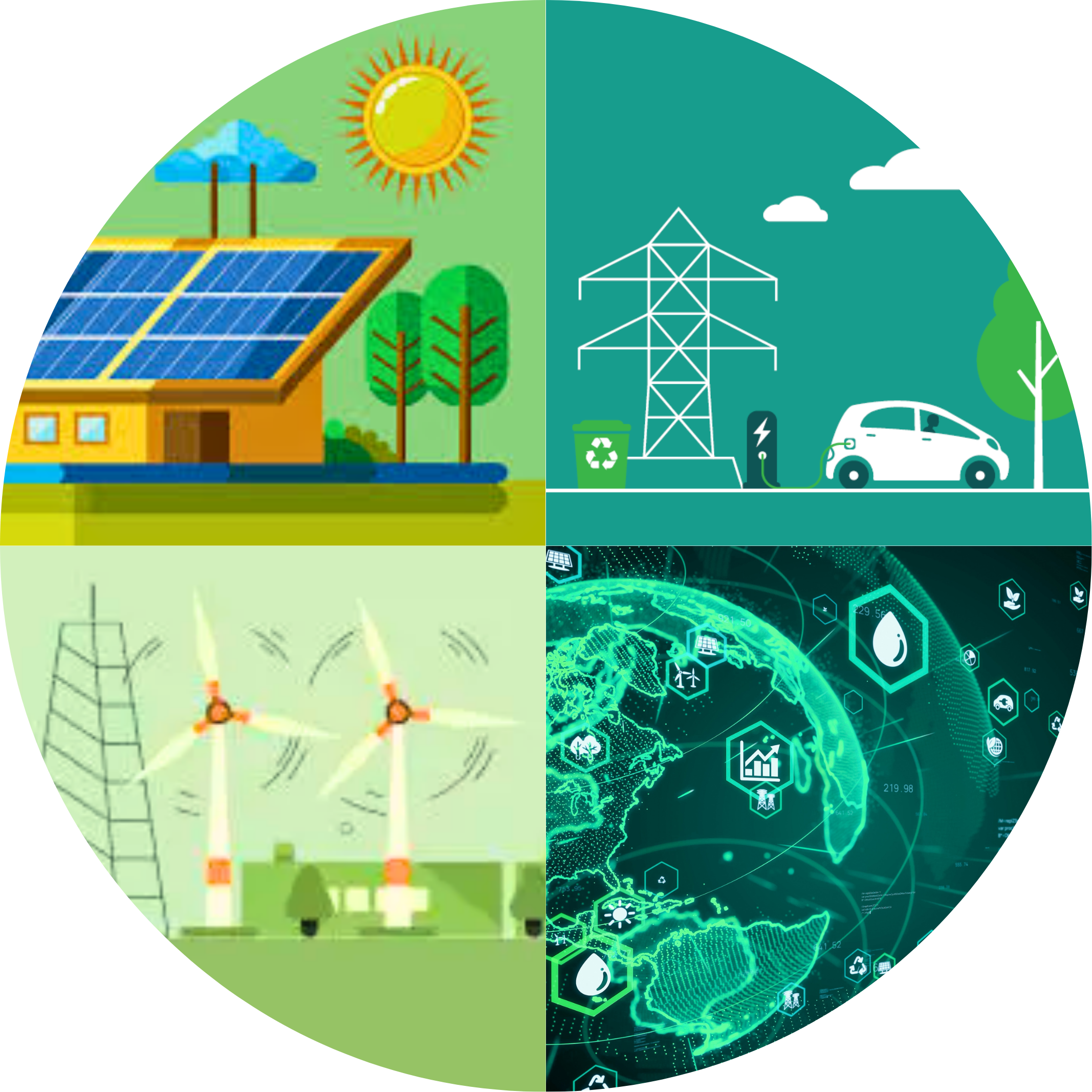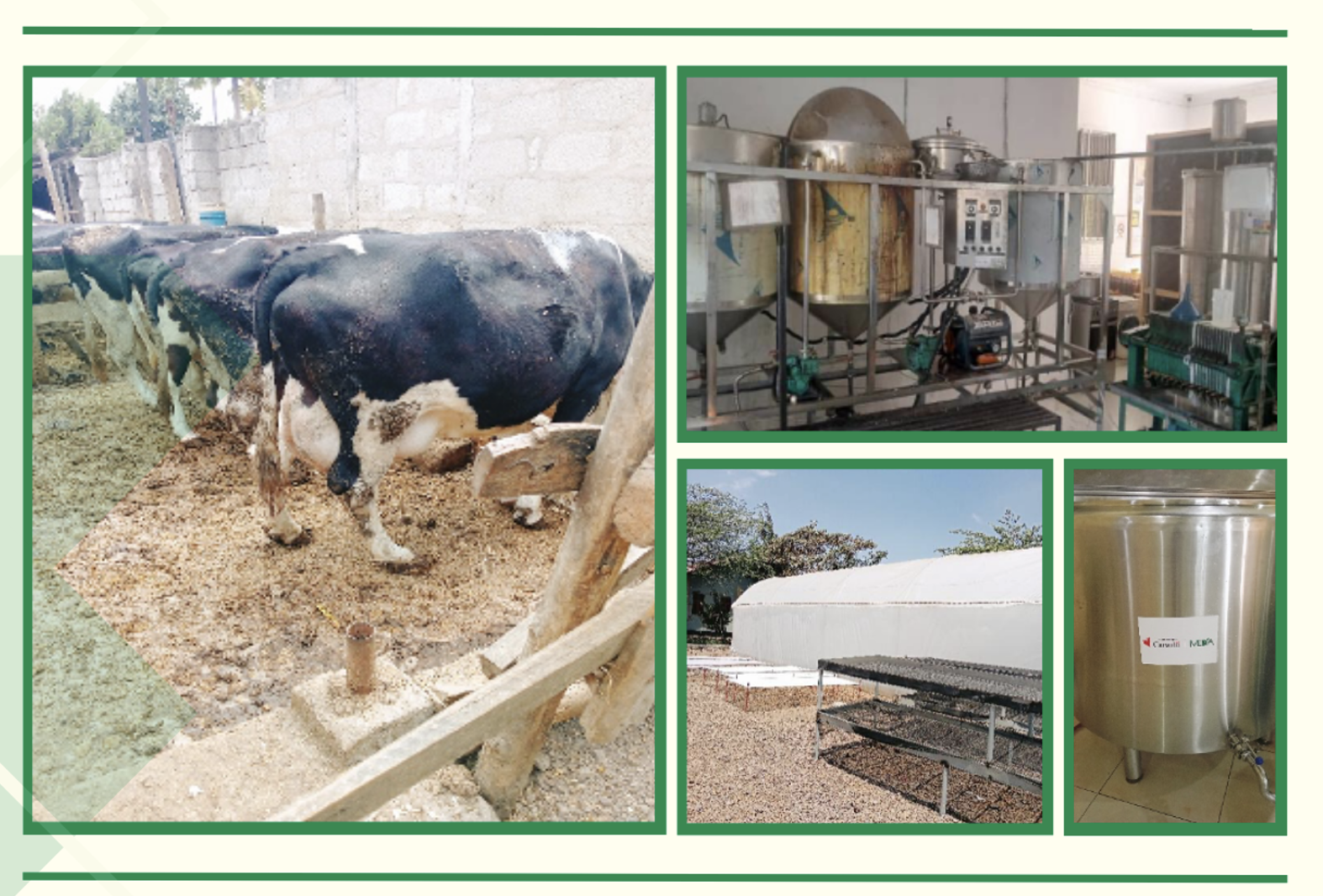Sustainable Agriculture

Laying the Foundation for the Development of the National Long-Term Low-Emission Development Strategy (LT-LEDS) in Tanzania
In response, Tanzania needs to develop a Long-Term Vision (LTV) to serve as the foundation for building a long-term, integrated, low-emission, climate-resilient future. This Vision will be anchored in Tanzania’s commitment to sustainable development, economic diversification, poverty reduction, and global climate leadership. It will emphasise balancing socio-economic growth with environmental protection, enabling Tanzania to achieve prosperity without sacrificing its natural wealth or community resilience as reflected in the National Development Vision (NDV) 2050, Zanzibar Vision 2050, the Paris Agreement, and the Sustainable Development Goals.
Tanzania’s aspiration is clear: by 2050, the country envisions itself as a net-zero, climate-resilient nation with an inclusive, competitive, and self-reliant economy. Accordingly, the LTV will identify priority sectors crucial for driving this transformation, including energy, agriculture, forestry, transport and infrastructure, mining and industry, waste management, blue economy, and cross-cutting areas such as gender equality, youth empowerment, capacity building, technology transfer, climate finance, etc.
This consultancy supports the development of Tanzania’s Long-Term Vision (LTV) aligned with the national Vision 2050, and a detailed Roadmap for elaboration of the 2050 Long-Term Low Emission Strategy (LT-LEDS). It provides systematic approaches, milestones, stakeholder engagement strategies, and coordination mechanisms to guide the development of the LT-LEDS.

Sustainability of Climate Change and Environmental Interventions under the Feminist Entrepreneurs Growing Green Economies (FEGGE) Project
This consultancy aims to assess the sustainability of climate change and environmental interventions implemented under the "Feminist Entrepreneurs Growing Green Economies (FEGGE) Project" commissioned by MEDA Tanzania. The project spanned across multiple regions, including Arusha, Dodoma, Iringa, Kilimanjaro, Manyara, Shinyanga, Simiyu, Singida, and Tabora. The evaluation focused on stakeholders and activities, specifically examining alignment with Climate-Smart Agriculture (CSA) principles in relation to productivity, adoption, and mitigation among Feminist Small and Medium Enterprises (F-SMEs). The assessment documented the types of CSA technologies promoted, their adherence to climate-smart criteria, and their contributions to adaptation, mitigation, and productivity outcomes.
The consultancy will also analyze which CSA practices were best suited and most widely adopted by individual F-SMEs, identifying gaps in adoption and recommending additional interventions to improve project impact. Using FAO's Ex-Ante Carbon-balance Tool (EX-ACT), the project’s contribution to greenhouse gas emissions reduction through value-chain interventions was quantified. The consultancy will also evaluate F-SMEs’ environmental pollution impacts across their sourcing and consumption processes, proposing actionable solutions. It will also recommend steps for SMEs to integrate Environmental, Social, and Governance (ESG) frameworks to improve long-term business sustainability.
The consultancy will review project indicators, reporting frameworks, and risk mitigation measures related to environmental and climate change initiatives, offering recommendations for enhanced monitoring and reporting. Attention will be given to innovation opportunities in CSA practices that the project could explore with F-SMEs and stakeholders to further strengthen outcomes.
Overall, this assessment will provide evidence-based guidance to enhance the effectiveness and sustainability of climate-smart interventions within the project scope.
